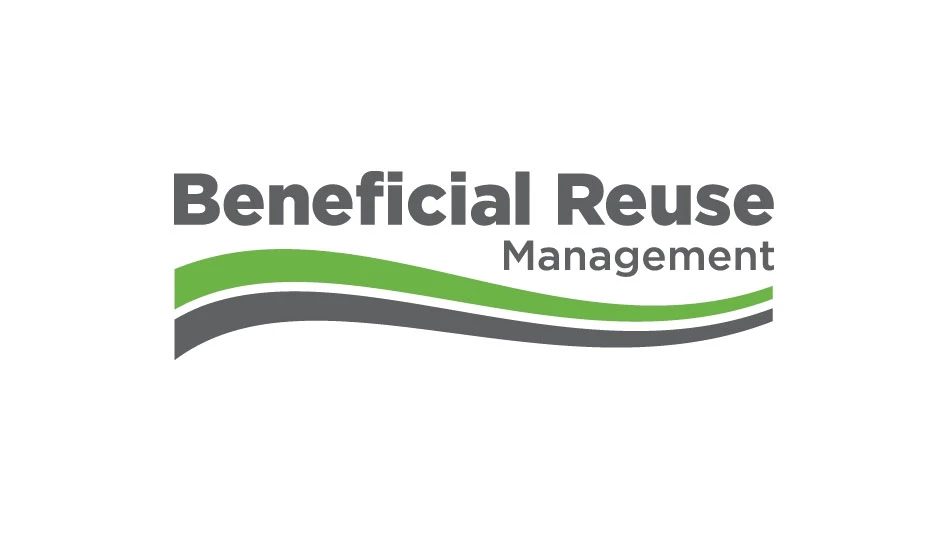
Chart courtesy of Capterra
Toronto-based Capterra Canada launched its latest research study of more than 1,000 Canadian consumers to understand their participation in sustainable consumerism and the circular economy.
According to the survey, 87 percent of Canadian consumers acknowledge that their behavior has a direct impact on the environment. This understanding is reflected in their buying habits, as the same number reportedly favor buying products from companies with active circular economy measures in place.
The first half of Capterra’s report substantiates this, revealing that, despite a lack of confidence in their knowledge of the circular economy—only 13 percent of respondents were confident in their understanding of the circular economy—Canadians are interested in contributing to sustainable shopping.
Buy-back programs are among those consumers can participate in which help develop the circular economy. While 88 percent of respondents stated in the survey that they “actively care” about extending the life cycle of their products, only 8 percent routinely participate in buy-back programs, revealing a significant disparity between interest and participation.
The survey states that 78 percent of respondents separate recyclable material from waste and 79 percent use reusable grocery bags, making those the most common sustainable habits among consumers.
It's less common for consumers to pay more to make sustainable choices while shopping, states the survey. About 50 percent of respondents say they would pay more for a given product to support sustainability. Just 20 percent of respondents say they buy local or “kilometer-zero” products regularly, and 13 percent prioritize buying second-hand products.
Second-hand shopping
Sixty-three percent of Canadians reportedly buy second-hand products occasionally, and 79 percent have sold their used items at least once, making the second-hand economy one of the most important driving factors of the circular economy in Canada. A significant 86 percent of respondents often donate products that they no longer use. Of those who do not partake in the second-hand economy, it is not caused by a lack of interest. In fact, 28 percent of respondents say said they would prefer to donate or give away used items, rather than sell them.
Reducing food waste
Although apps like TooGoodToGo are making strides in Canada to reduce food waste, 7 percent survey participants Canadians actively use them; however, 27 percent are aware of them.
However, 30 percent of respondents reported that they would like to support businesses that actively reduce food waste.
Latest from Waste Today
- Routeware celebrates 25 years of innovation
- Montana city approves compost facility improvements
- Willows offer a nature-based solution to reducing leachate volumes
- REI outdoors retailer hits zero waste target
- Minnesota awards $1M in waste reduction grants
- Nashville, Tennessee, inches closer to establishing standalone solid waste department
- Los Angeles Sanitation and Environment wins brownfields grant
- Bain & Co. sees distant chemical recycling timeline





